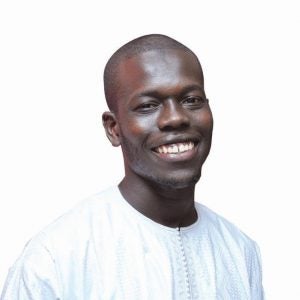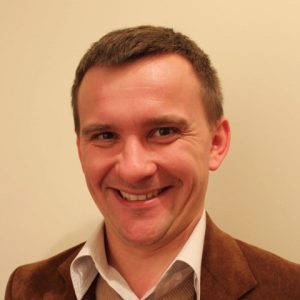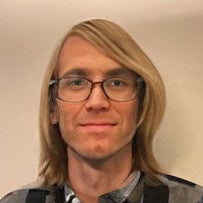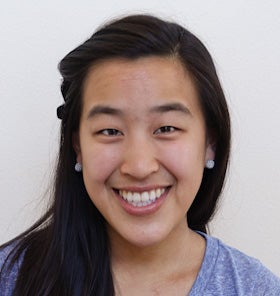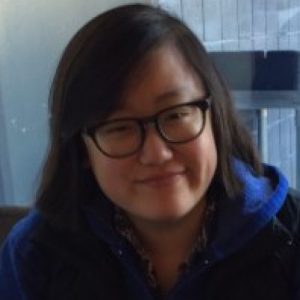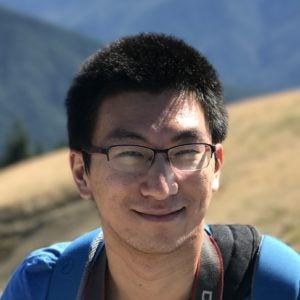(Former Bio) Madikay Senghore, PhD, is a research associate working in the Hanage lab. His work will further study the role of accessory genome variation in the fitness of pneumococcal clones. He will work closely with Dr. Hanage to develop a model for reconstructing chains of transmission in an experimental mouse model using deep sequencing. Madikay is an award winning early career scientist who was awarded the 2018 Robert Austrian…
Rinat Sergeev
(Former Bio) Rinat received his PhD in Physics of Semiconductors in Ioffe Institute, Saint Petersburg. Following his innate curiosity, he pursued challenges in a variety of academic fields, from Quantum-Mechanical Processes to Immunology and Epidemiology. His research interests include conceptual analysis, analytical approaches and models in multiple areas. Currently, Rinat is a growing specialist of machine-learning algorithms and algorithmic challenges. His personal interests include Math puzzles, strategic games and politics.
Aimee Taylor
(Former Bio) Aimee Taylor was a postdoctoral research fellow at the Harvard T.H. Chan School of Public Health working under the mentorship of Caroline Buckee. Aimee also has close ties with the Parasite and Vector Genomics group at the Broad institute, where she was previously based under the mentorship of Daniel Neafsey. Aimee received her PhD from the University of Oxford, joint between the Department of Statistics and the WorldWide…
Bradford Taylor
(Former bio) Bradford Taylor is a quantitative biologist interested in how the environment shapes bacterial pathogen pangenomes. As a theorist, he tends to tackle questions using some combination of dynamical and statistical modeling. Previously for his PhD, he worked with Joshua Weitz at Georgia Tech to address how multiple phage infections ecologically impact host populations. Next with Joao Xavier, he investigated how the gut microbiome mediates antibiotic resistant infections in…
Christine Tedijanto
(Former Bio) Christine Tedijanto completed a PhD in the Population Health Sciences program, concentrating in Infectious Disease Epidemiology under Marc Lipsitch. Prior to her PhD studies, Christine studied computational biology and business as an undergraduate and worked as a management consultant.
Amy Wesolowski
(Former Bio) Amy Wesolowski is an infectious disease epidemiologist. Her research focuses on how we human behavior can impact the spatial spread of various infectious diseases with a particular focus on vector-borne and vaccine-preventable diseases.
Colin Worby
(Former Bio) I am interested in the use of pathogen genomic data to investigate disease transmission dynamics. I am developing models to better understand within-host pathogen diversity, and integrating these into a framework to analyse between-host transmission. Click here for more information about Colin Worby.
Siyang Xia
(Former Bio) Siyang is broadly interested in the dynamics and evolution of the interactions between pathogens and human immune systems, and how vaccines could affect these interactions. In his Ph.D., Siyang studied the mosquito Aedes aegypti, a major disease vector for dengue and Zika virus. His dissertation examined the impacts of human activities on the mosquito’s evolution and the possibilities of using human-assisted evolution to reduce vector-borne diseases. Outside of…

